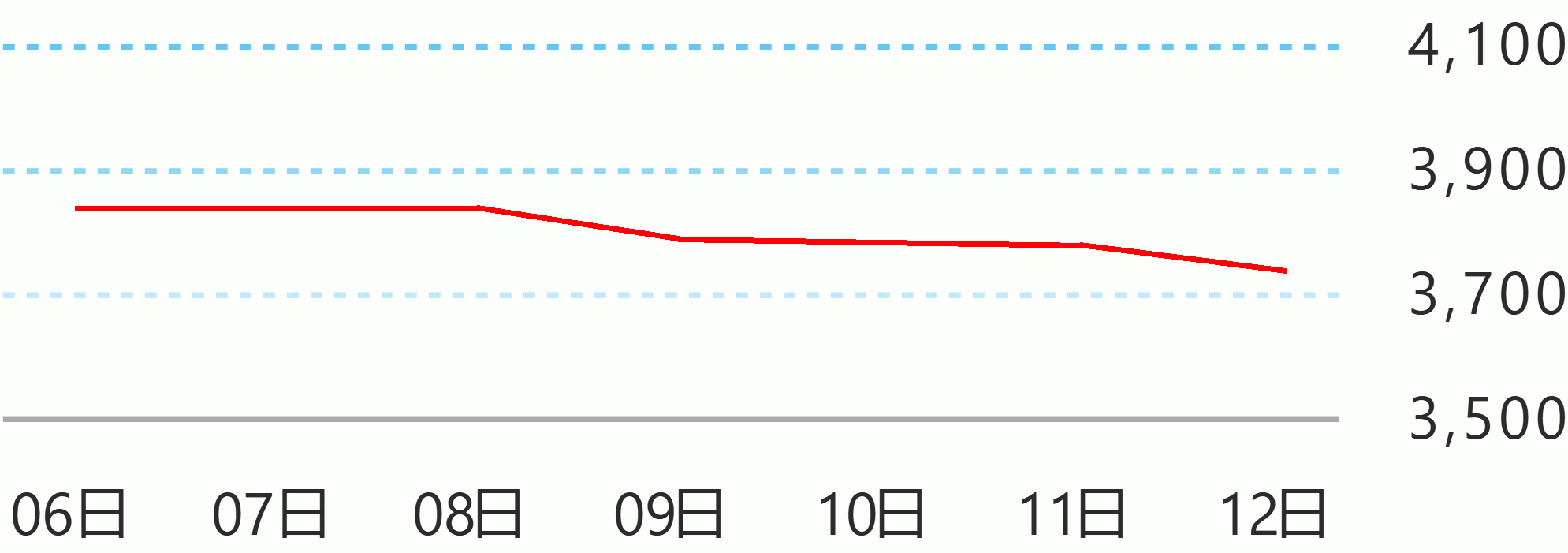The Senate late Tuesday ratified a free trade agreement which the government said will result in gains to the agriculture sector.
Voting 20 for, one against and one abstention, the Senate approved the Regional Comprehensive Economic Partnership (RCEP) 20 for, one against and one abstention.
Deputy Majority Floor Leader JV Ejercito declared the RCEP ratified, with 20 affirmative votes, or two-thirds of the Senate voting.
“There being 20 senators who voted in favor, which number is more than the two-thirds of the Senate as required by the Constitution, proposed Senate Resolution No. 485 is hereby approved on third and final reading,” Ejercito added.
Senator Risa Hontiveros voted against while Senator Imee Marcos abstained.
''Our agriculture (sector) is down. We have not recovered from the pandemic. This is not the time for RCEP. I vote no,” Hontiveros said.
Marcos said: ''“Allow me to abstain from voting, not because I am avoiding my duty, but because until now, most of those in the farms and fields are frustrated.”
The Philippines is the last country to concur in its ratification.
“RCEP has been a long time coming,” Senate President Juan Miguel Zubiri said. “Now that we can see how our neighboring countries have reaped the benefits of joining the agreement, I am confident that we have made the right choice by finally concurring on its ratification.”
RCEP is a free trade agreement between the ten member states of the Association of Southeast Asian Nations (ASEAN) and its five free trade agreement partners Australia, China, Japan, New Zealand and South Korea.
President Rodrigo Duterte signed the RCEP agreement in September 2021 but it took the Senate almost two years before ratifying it.
Earlier, National Economic and Development Authority Secretary Arsenio Balisacan said that RCEP must be ratified because '' the future of our country depends on our ability to attract investors, particularly foreign capital because the domestic capital is not enough.''
By ratifying RCEP, the country will be ''even forced to pay attention to agriculture because only then can you fully maximize the benefits that RCEP can give to us,'' said Balisacan in a Palace press conference.
Balisacan said the problems of agriculture now has nothing to do with RCEP. ''The problems were outcomes of past neglects of the sector,'' he said.
By ratifying RCEP, the country will be ''even forced to pay attention to agriculture because only then can you fully maximize the benefits that RCEP can give to us,'' said Balisacan.
Zubiri said: “We have to look at the totality of it. Let us fix our problems in the agri sector, while also giving our other industries a fair chance to grow under RCEP. And then, down the line, when we have adequately empowered our agri sector, they can also begin to take advantage of the benefits of RCEP.'' DMS





 English
English










